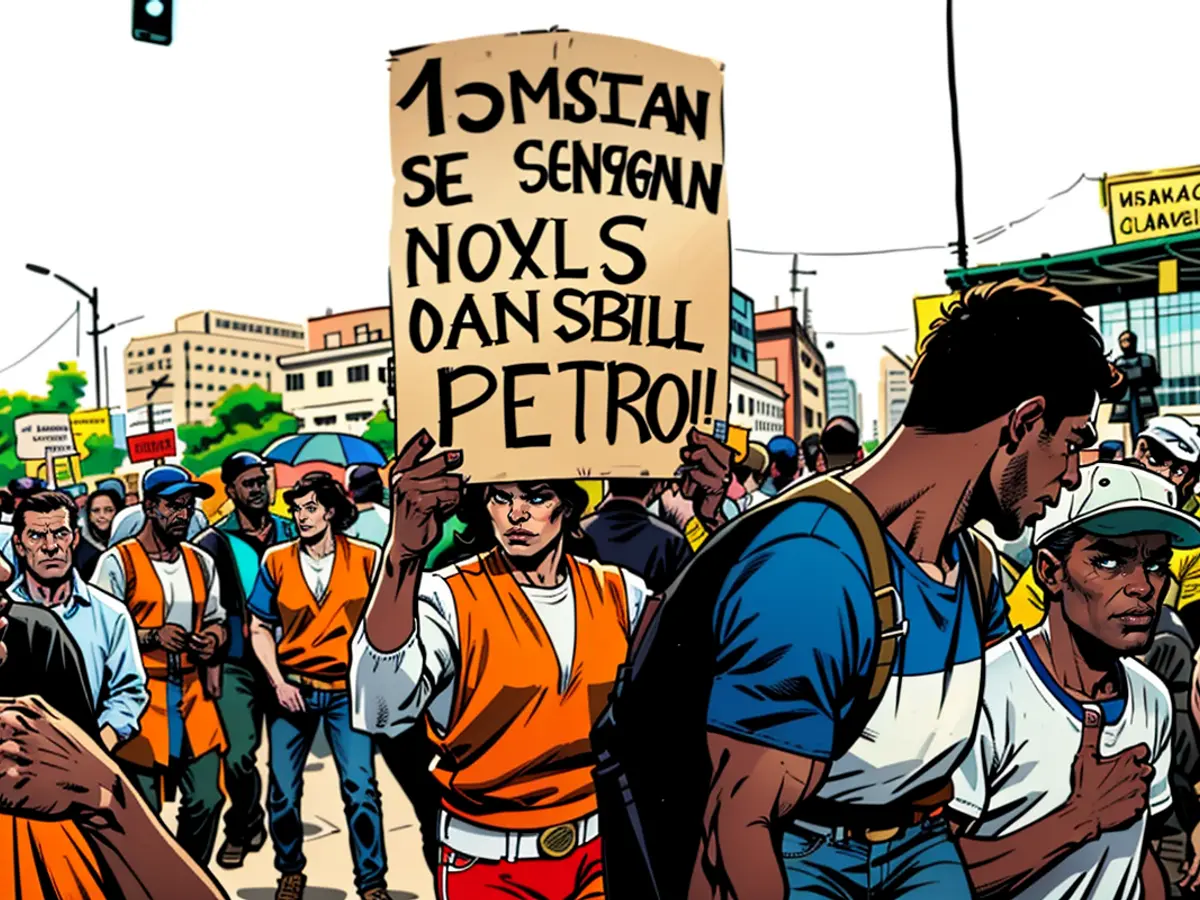Senegalese oil production begins.
About 100 kilometers from the coast, a floating platform is stationed. This platform is owned by a company and has a capacity to store 1.3 million barrels of oil. They plan to produce 100,000 barrels every day. There's also natural gas present in the site. Out of the total shares of the project, Woodside, an Australian company, owns 82%, while the rest is held by a Senegalese firm called Petrosen.
Senegal has ambitions to kick off a liquid natural gas project near the border of Mauritania by the third quarter. BP, a UK-based energy company, is a partner in this project. While Senegal's output of fossil fuels might not be as high as that of a country like Nigeria, the government hopes to earn billions in revenue.
However, these oil and gas fields in Senegal have initiated concerns about potential corruption. Environmentalists and other critics claim that these resources will mainly benefit a small group of people while the majority of the population, which is already poor, will not reap any benefits from these projects. Regardless of these claims, the Senegalese government is determined to exploit the reserves.
Read also:
The floating platform, situated 100 kilometers offshore, is used by the energy company for offshore oil production. Due to Woodside's 82% ownership, they play a significant role in Senegal's daily oil production of 100,000 barrels.







